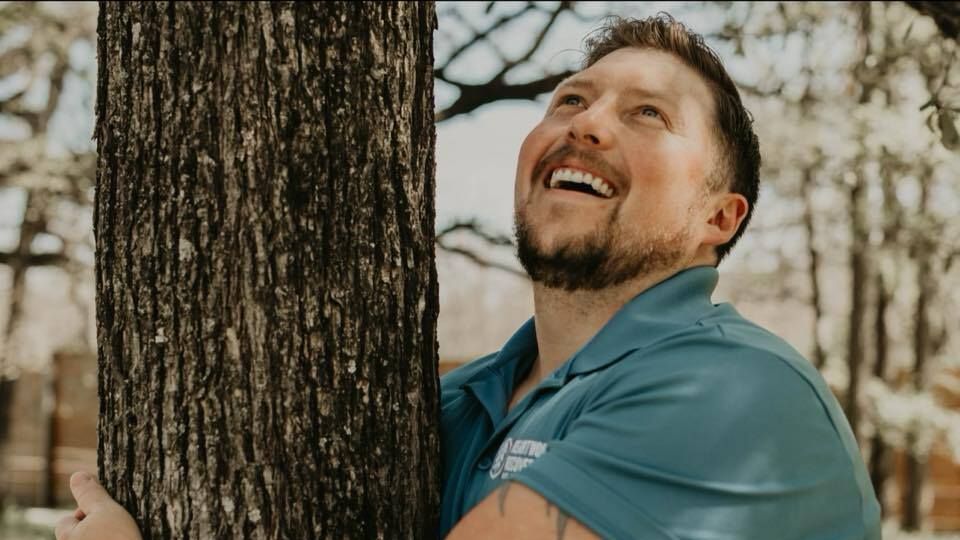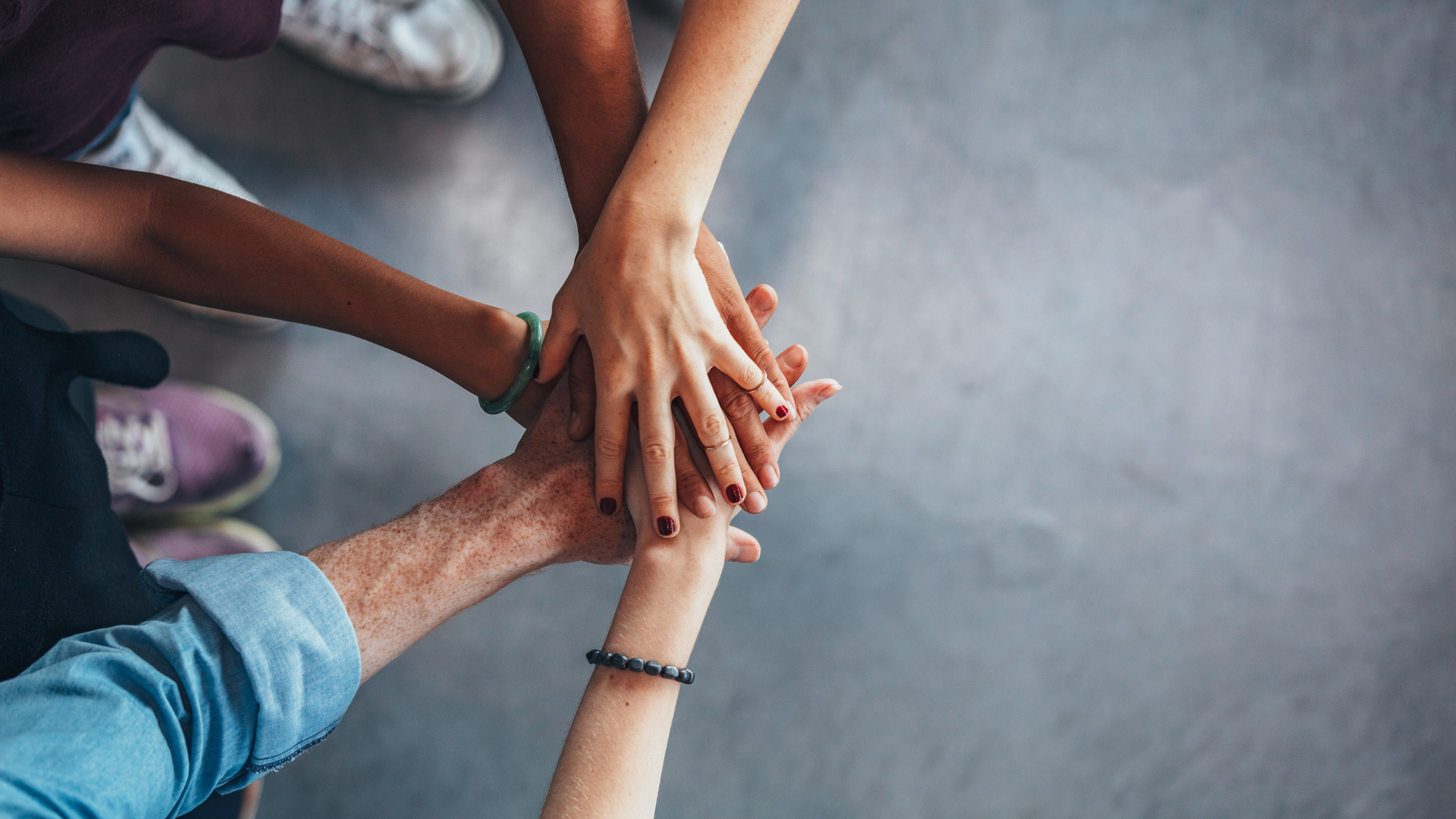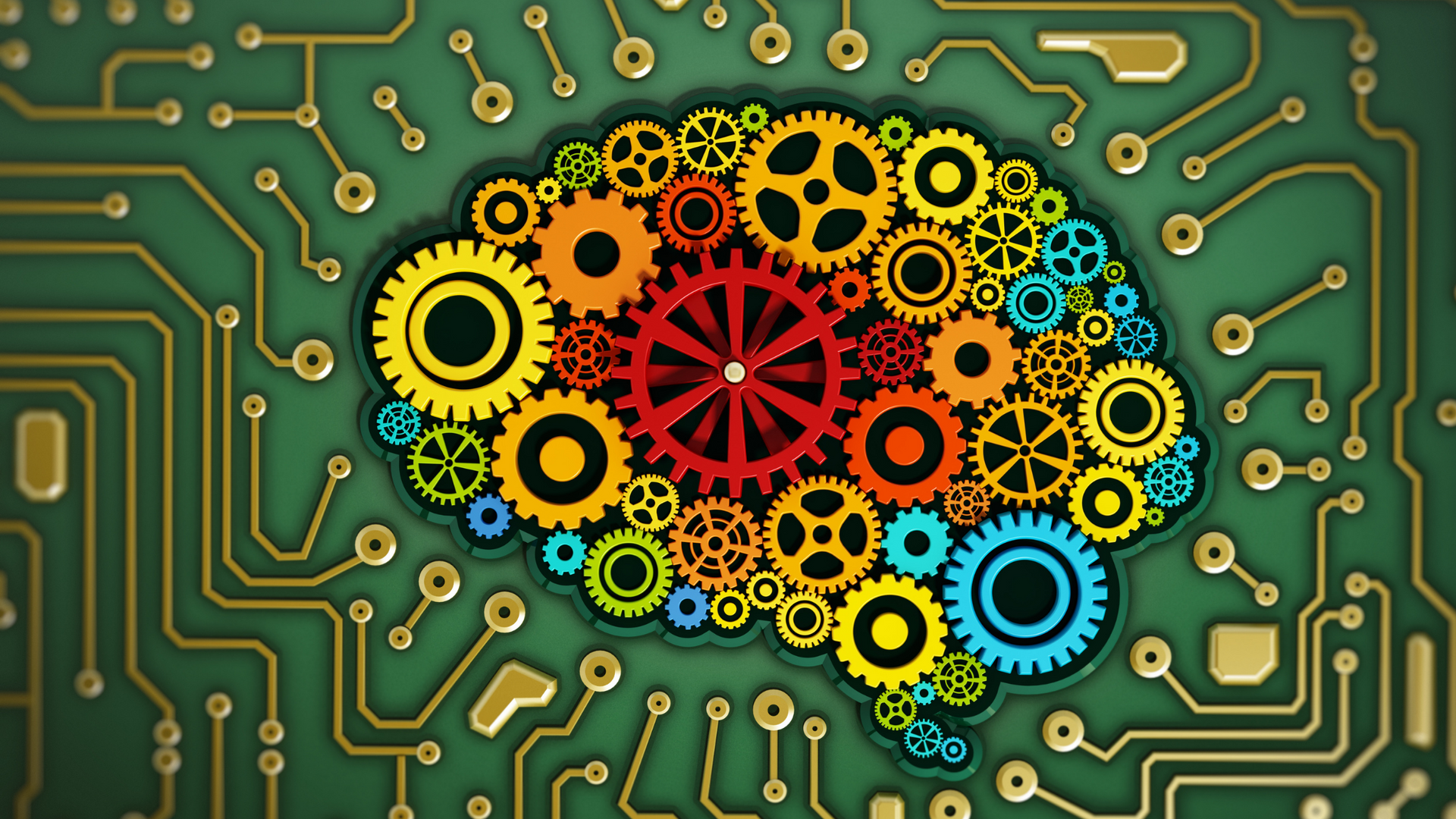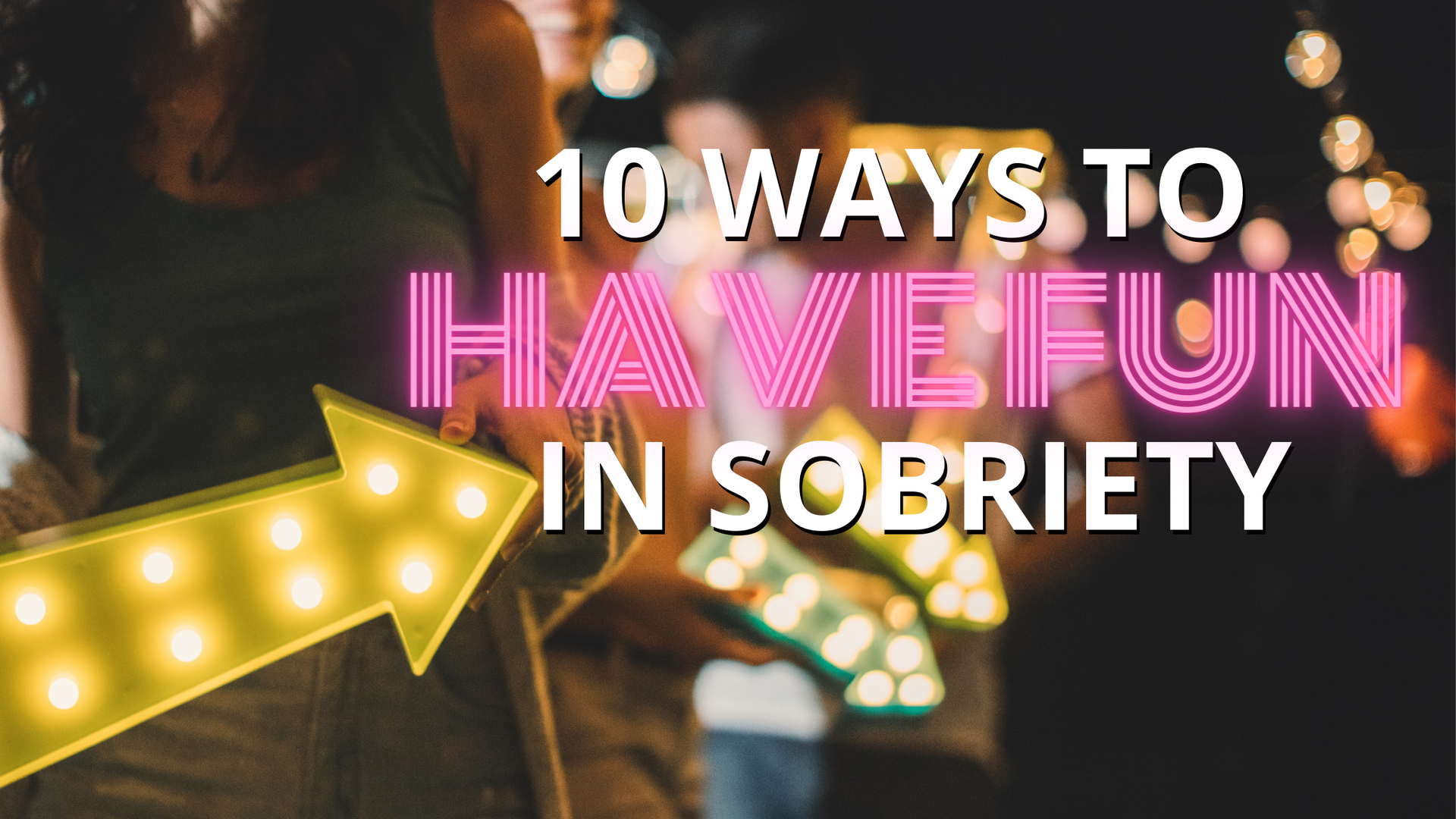5 Reasons Why Being Sober is More Fun Than You Think
Patrick Hensley • October 8, 2021
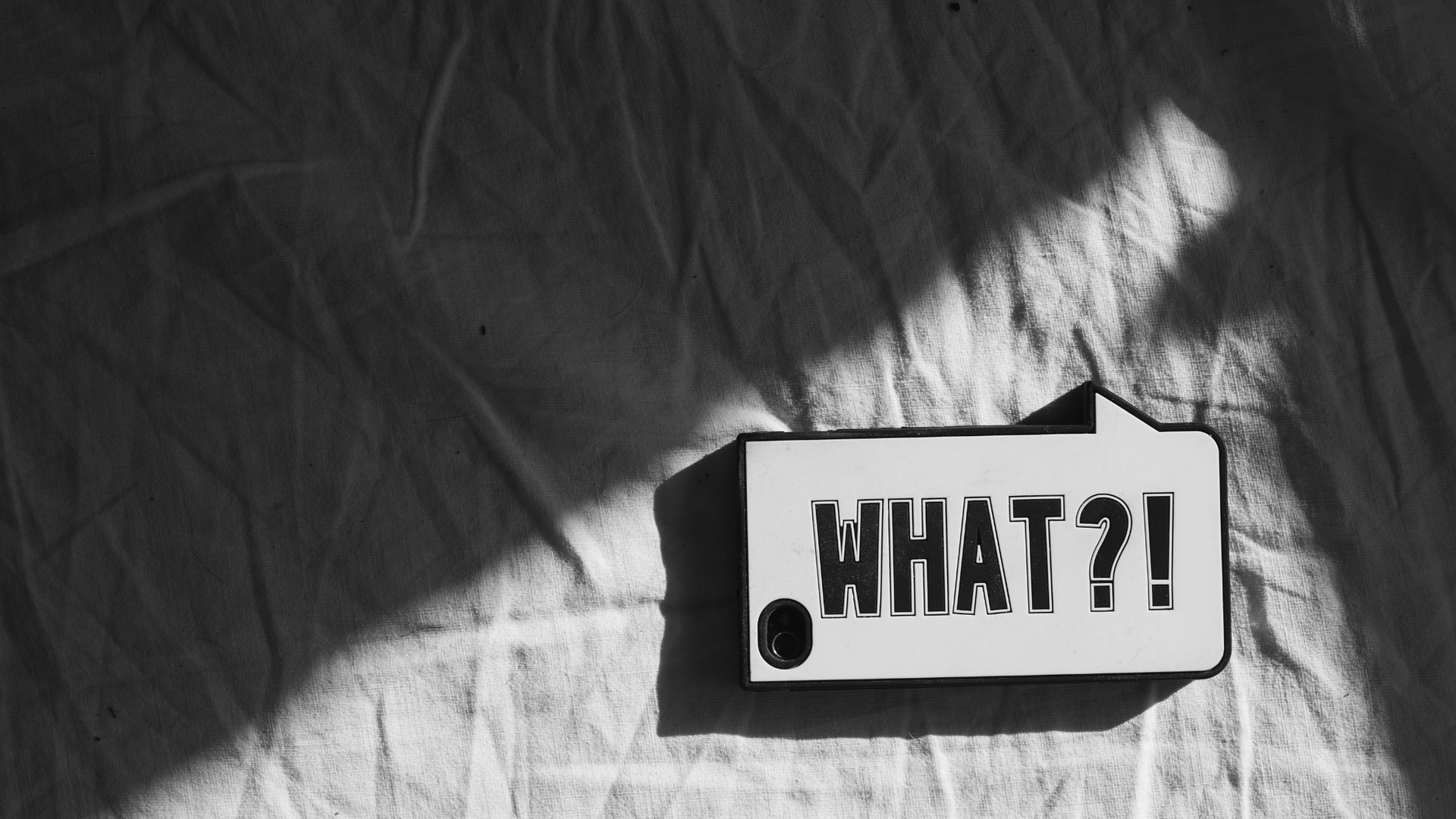
Among the many people considering entering recovery or getting sober exists the misconception that a life in sobriety is, or will be, very boring. For people who have spent large portions of their lives using substances, the words “fun” and “sober” aren’t often found in the same sentence. The irony is, the overwhelming majority of us find that a life in sobriety can be increasingly more fun than our previous way of life. A long list of reasons exist as to why this is the case, I have selected to highlight a few of my personal favorites.
- You begin to discover a true sense of self, while at the same time finding comfort in your own skin. Many people who misuse or abuse substances do not have a healthy relationship with themselves, they do not feel positively about themselves or have much confidence and experience a high degree of insecurity. Drugs and alcohol are often used as a tool to cope or mask these feelings or emotions. As a result, many people with substance abuse problems have never developed an authentic identity. They only know themselves as the person they are, or the person they become, when intoxicated. Sobriety allows us to develop this healthy sense of self, increase our self-love and self-esteem, and to discover who we really, truly are (which is often a much better, and much more likeable person than you might anticipate).
- You afford yourself the opportunity to be immensely healthier in every regard. Alcohol and drug misuse can be extremely taxing on the brain and body. As a result, people abusing drugs and alcohol often experience symptoms of depression, anxiety, have sleep issues, and lack mental clarity or sharpness. Combine that with a tendency toward an unhealthy diet and a lack of exercise, people with substance abuse issues aren’t often in the best health. A life in sobriety gives you automatic benefit of being healthier, focusing more time and effort on general wellness, and being fortunate enough to experience those benefits. Newbies in sobriety are often blown away with just how much better they feel, and look, and a long period of abstinence.
- You begin to develop more genuine and authentic relationships with others. When misusing or abusing substances, many of your relationships may be built around the substance use itself. These relationships can typically only go as far as surface level because they are built through inauthentic lenses. Romantic and intimate relationships are also formed through substance misuse, and those are likely to become toxic in a number of different ways. Your new relationships will be built on honesty, authenticity, mutual interests, and respect. These relationships are often deeper and more meaningful than the ones you had with your “bar buddies”.
- You develop better skills and mechanisms to cope with the challenges of life. Mind and mood altering substances are often used as a coping mechanism to numb or keep negative emotions at bay and as a result, someone who is misusing substances cannot or does not develop any other healthy coping skills. A life in sobriety affords you the opportunity to develop these healthy coping mechanisms and truly feel, experience, and handle the beautiful challenges and struggles of the human experience.
- No more hangovers! I haven’t had a hangover in six years. In fact, I sleep well, feel rested and energetic, and wake up nearly every morning eager to take on the day. Imagine the amount of time wasted from your collective hangover mornings. Think about all of the productive things you could accomplish if you could get all of those hours back. Not only the time aspect, but you also wake up remembering the previous night, which grants the added benefit of having long-lasting and meaningful memories.
Don't Keep This all to Yourself!
Share with Friends!
Don't Miss a Single Blog Post!
Get all the latest blogs, news and updates from Not A Glum Lot. Worry not, we will not share your information with anyone. (We hate spam too!)
Subscribe to Our Newsletter
more for you
